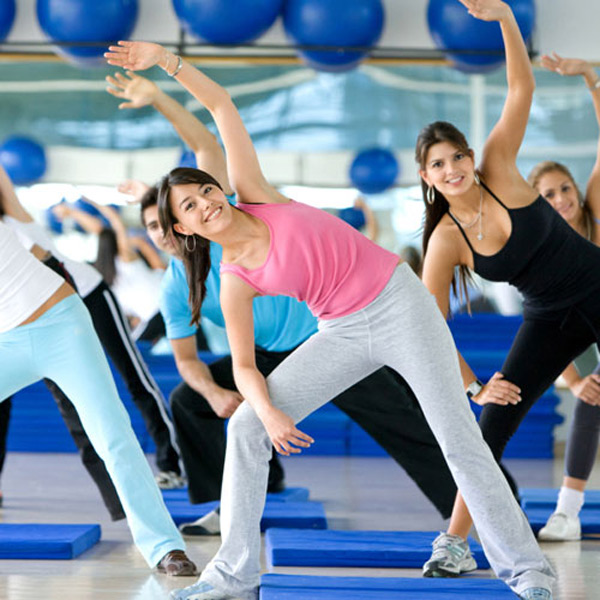
Aerobic exercise, such as running, has positive effects on brain structure and function, for example, the generation of neurons (neurogenesis) in the hippocampus, a brain structure important in learning. It has been unclear whether high-intensity interval training (HIT), referring to alternating short bouts of very intense anaerobic exercise with recovery periods, or anaerobic resistance training has similar effects on hippocampal neurogenesis in adulthood. In addition, individual genetic variation in the overall response to physical exercise likely plays a part in the effects of exercise on adult neurogenesis but is less studied.
Researchers from the Department of Psychology and from the Department of Biology of Physical Activity at the University of Jyväskylä studied the effects of sustained running exercise, HIT and resistance training on adult hippocampal neurogenesis in adult male rats. In addition to the commonly used Sprague-Dawley rats, rat lines developed by collaborators at the University of Michigan were also used: Rats with a genetically high response to aerobic training (HRT) and those with a low response to aerobic training (LRT). The exercise training period was 6 to 8 weeks (running, HIT or resistance training) during which control animals of the same rat line/strain remained in sedentary conditions in the home cage.
The results indicate that the highest number of new hippocampal neurons was observed in rats that ran long distances and that also had a genetic predisposition to benefit from aerobic exercise: Compared to sedentary animals, HRT rats that ran voluntarily on a running wheel had 2-3 times more new hippocampal neurons at the end of the experiment. Resistance training had no such effect. Also the effects of HIT were minor. To conclude, only sustained aerobic exercise improved hippocampal neurogenesis in adult animals.
The result is important because, according to previous research, the new hippocampal neurons produced as a result of neurogenesis are needed among other things for learning temporally and/or spatially complex tasks. It is possible that by promoting neurogenesis via sustained aerobic exercise, the neuron reserve of the hippocampus can be increased and thus also the preconditions for learning improved — also in humans.
The research report has been accepted for publication in the Journal of Physiology: London, a journal both in the field of neurosciences as well as physiology.
The study done by Suomen Akatemia (Academy of Finland).